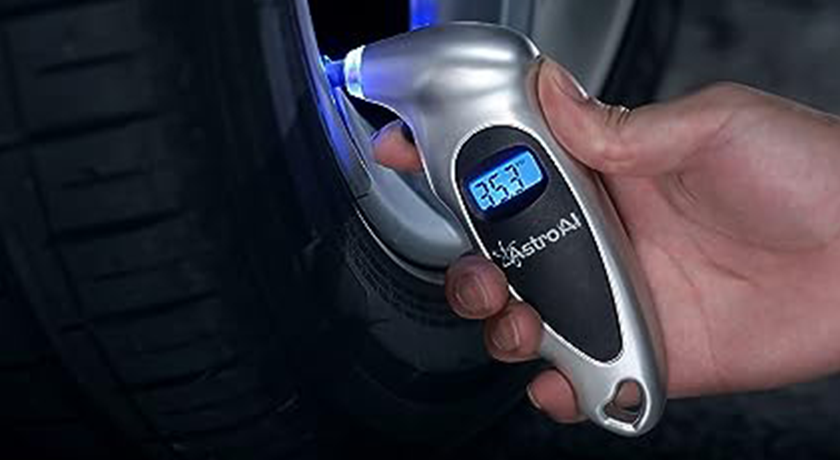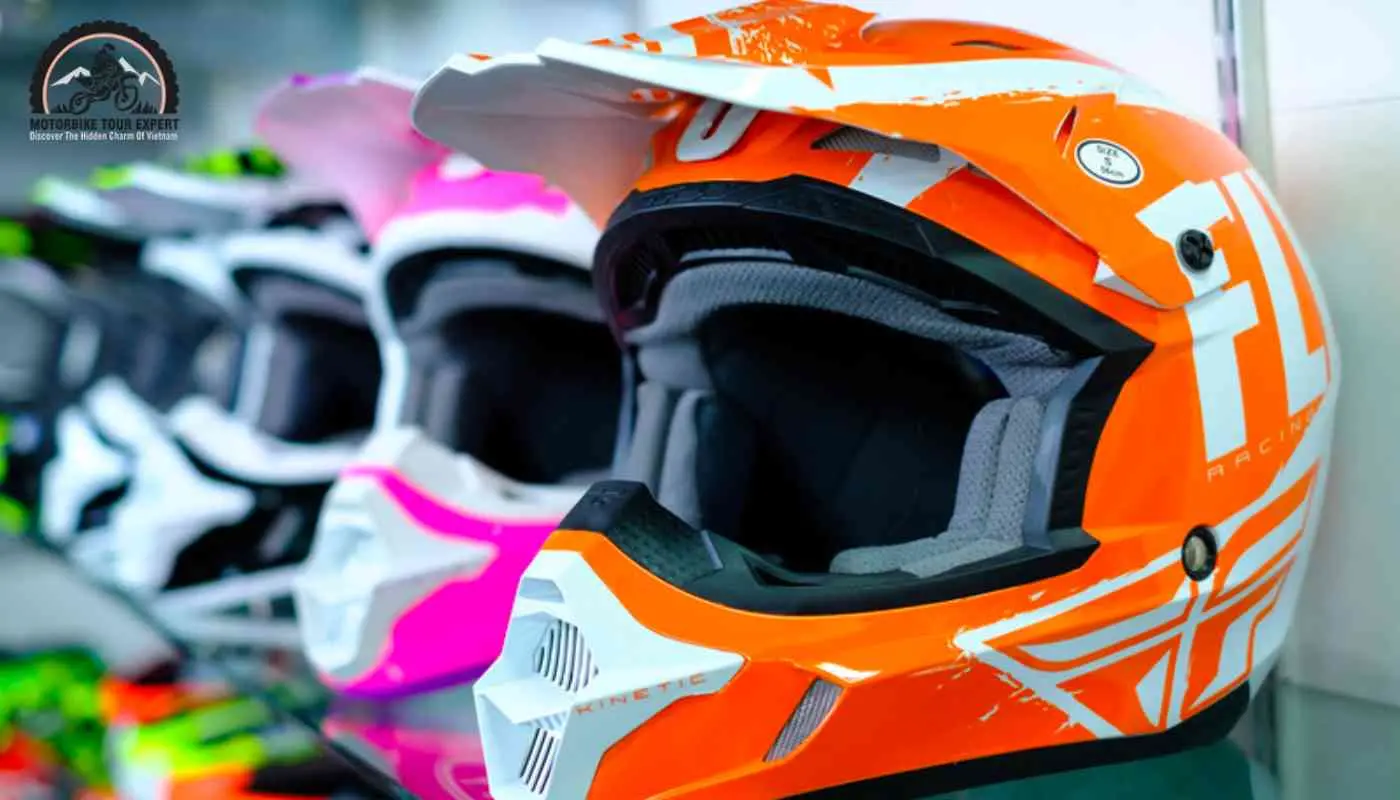The Best Bits for Beginner Riders: A Comprehensive Guide

Starting your journey as a rider can be both exciting and overwhelming. Choosing the right gear, understanding essential skills, and knowing what to expect can make all the difference. This article covers the best bits every beginner rider should know, from equipment to safety tips.
Essential Gear for Beginner Riders

| Gear Item | Description | Why It’s Important |
|---|---|---|
| Helmet | A certified, well-fitting helmet | Protects your head in case of falls |
| Gloves | Durable gloves with good grip | Enhances control and protects hands |
| Riding Boots | Sturdy boots with ankle support | Provides foot protection and stability |
| Protective Jacket | Jacket with padding and abrasion resistance | Shields your upper body from injuries |
Choosing the Right Helmet
- Look for DOT, ECE, or Snell certification.
- Ensure a snug but comfortable fit.
- Consider ventilation and weight.
Basic Riding Skills for Beginners
- Starting and Stopping Smoothly: Practice gentle throttle control and braking.
- Balancing and Steering: Learn to maintain balance and use counter-steering.
- Using Mirrors and Signals: Always check mirrors and signal intentions early.
- Understanding Road Rules: Familiarize yourself with local traffic laws.
Safety Tips
- Always wear full protective gear.
- Avoid riding in bad weather until experienced.
- Take a certified rider training course.
- Keep your bike well-maintained.
Maintenance Basics
- Regularly check tire pressure and tread.
- Change oil as per manufacturer’s schedule.
- Inspect brakes and lights before every ride.
FAQ
Q1: What is the best beginner motorcycle?
A: Lightweight bikes with manageable power, such as the Honda CB300R or Kawasaki Ninja 400, are ideal.
Q2: How long does it take to learn to ride?
A: Most beginners gain basic proficiency within a few weeks of consistent practice.
Q3: Is protective gear really necessary?
A: Absolutely. Protective gear significantly reduces injury risk in accidents.
Q4: Can I ride in the rain as a beginner?
A: It’s best to avoid wet conditions until you have more experience due to reduced traction.
Embarking on your riding journey with the right knowledge and equipment sets you up for a safe and enjoyable experience. Remember, practice and patience are key to becoming a confident rider!
